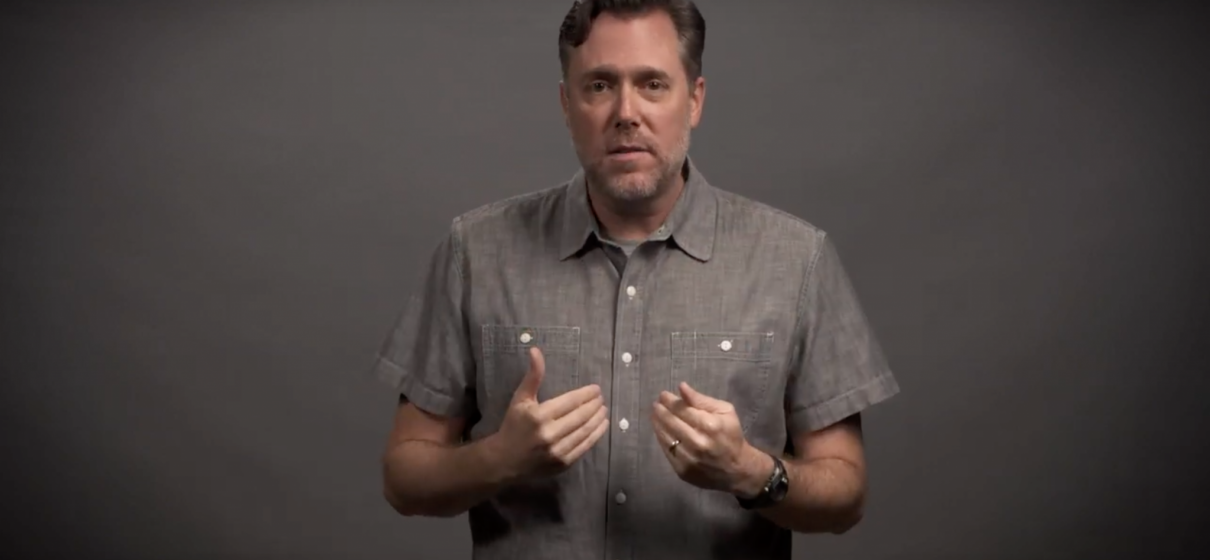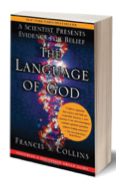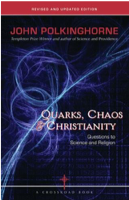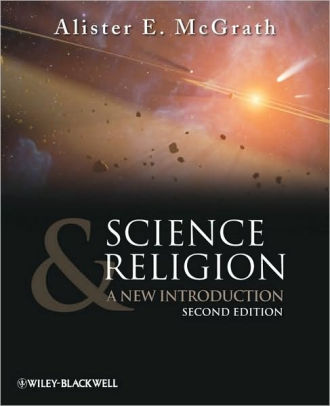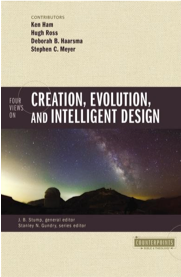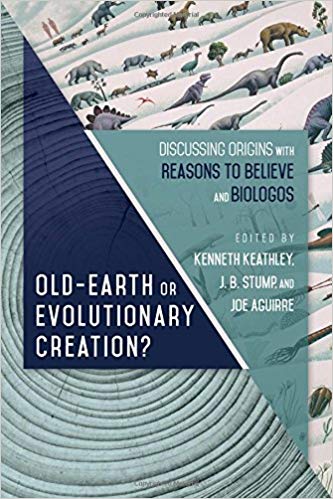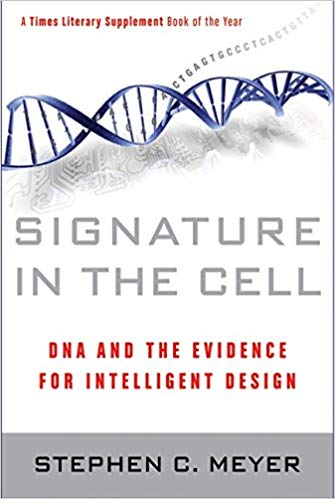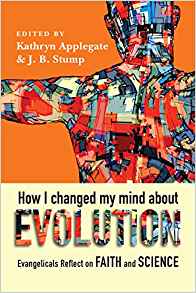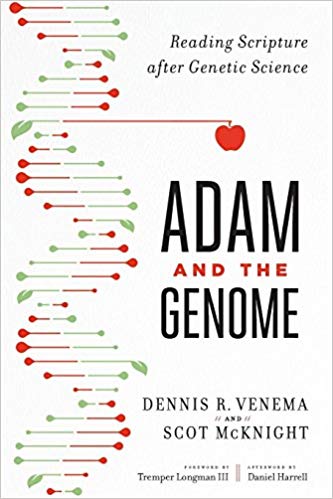The Unforgivable Sin
Are there things we can do that God can’t forgive? Is there an “unforgivable” sin? What does it mean to blaspheme the Spirit?
These questions usually arise after reading Matthew 12:22-32,
Then a demon-oppressed man who was blind and mute was brought to [Jesus], and he healed him, so that the man spoke and saw. And all the people were amazed, and said, “Can this be the Son of David?” But when the Pharisees heard it, they said, “It is only by Beelzebul, the prince of demons, that this man casts out demons.” Knowing their thoughts, he said to them, “Every kingdom divided against itself is laid waste, and no city or house divided against itself will stand. And if Satan casts out Satan, he is divided against himself. How then will his kingdom stand? And if I cast out demons by Beelzebul, by whom do your sons cast them out? Therefore they will be your judges. But if it is by the Spirit of God that I cast out demons, then the kingdom of God has come upon you. Or how can someone enter a strong man’s house and plunder his goods, unless he first binds the strong man? Then indeed he may plunder his house. Whoever is not with me is against me, and whoever does not gather with me scatters. Therefore I tell you, every sin and blasphemy will be forgiven people, but the blasphemy against the Spirit will not be forgiven. And whoever speaks a word against the Son of Man will be forgiven, but whoever speaks against the Holy Spirit will not be forgiven, either in this age or in the age to come.”
The narrative here is pretty straight forward. Jesus healed a demonically-oppressed man and the religious leaders accused Christ of accomplishing the feat by the power of Satan (referred to here as Beelzebul). Jesus highlighted the ridiculousness of their accusation by asking why the Satan would want to thwart his own agenda. The reality was, in expelling the forces of darkness, Jesus demonstrated that he was establishing the kingdom of God. In short, Jesus was clearly the Messiah sent from God the Father. Christ’s entire earthly ministry up to that point – work the religious leaders witnessed with their own eyes – undoubtedly pointed to that truth.
So, it was in that context, in the middle of those undeniable demonstrations, when Jesus said, “Therefore I tell you, every sin and blasphemy will be forgiven people, but the blasphemy against the Spirit will not be forgiven. And whoever speaks a word against the Son of Man will be forgiven, but whoever speaks against the Holy Spirit will not be forgiven, either in this age or in the age to come,” (Matthew 12:31-32).
It appears Jesus was saying that the Pharisees were blaspheming the Holy Spirit by rejecting the Spirit’s testifying work about who Christ is.[2]Even worse, not only did these religious leaders reject the Spirit’s work, but attributed it to Satan himself. It was this specific blasphemy from which Jesus said there is no return.
This should make some sense if you consider the greater context of the passage. When the Pharisees said Jesus was from Satan, they were rejecting the only path God offers humanity for forgiveness. Therefore, denying what is really the work of the Spirit in Jesus and attributing that power, instead, to Satan, is ultimately a product of unbelief. Simply put, the Pharisees’ stubborn rejection of Jesus and the Spirit’s testimony of him was a stubborn rejection of the gospel. This is what is meant by the blasphemy of the Holy Spirit. As biblical scholar Graham Cole notes, “The blasphemy against the Spirit is that self-righteous persistent refusal to embrace the offer of salvation in Christ.”[3]
This is invaluable for believers to understand. Unfortunately, we hear Christians (and sometimes Christian leaders) warn the church about the “unforgiveable sin” as if there was something we could do as believers that would remove us from the family of God. Consequently, some get nervous wondering what sins might expel them from the kingdom. However, this is where we should remind ourselves of the context of this passage. Theologian and scholar R.T. France said,
It is [the Pharisees’] diabolical opposition to the good purpose of God which is ultimately unforgiveable. The point needs to be emphasized, since the language of this saying has been incautiously applied to real or supposed offenses ‘against the Holy Spirit’ which have nothing to do with the blasphemy of these Pharisees, and serious pastoral damage has been caused. This saying is a wake-up call to the arrogant, not a bogey to frighten those of tender conscience.[4]
Frankly, some scholars wonder if this text can be applied today at all, thinking it unique to the Pharisees, if not limited to the earthly ministry of Jesus.[5]Others believe the specific blasphemy of the Spirit isn’t so much a doubting of the truth about Jesus, but a rejection of the Spirit’s clear and direct testimony the individual knows as true in head and heart but rejects it still.[6]Thus, while there may be differences in the particulars concerning blaspheming the Spirit, the general idea is that this sin is the unbelief and rejection of who Jesus truly is and what he does.
Therefore, when others ask, “Can a Christian commit the unpardonable sin?” the clearest answer is “no,” because to be a follower of Jesus is to believe and accept the testimony of the Spirit – that Christ is Lord – which is the exact opposite of the Pharisees’ response. Thus, the sin of blaspheming the Spirit is one which a believer cannot commit.
It is true that Christians should live lives that seek to flee from sin, yet when we do disobey, we ought not to be so distraught as to think we’ve committed an unforgiveable sin. The gospel reminds us that Christ’s cross has taken the penalty of all our sins. 2 Corinthians 5:17-21 should encourage us at this point:
Therefore, if anyone is in Christ, he is a new creation. The old has passed away; behold, the new has come.All this is from God, who through Christ reconciled us to himself and gave us the ministry of reconciliation;that is, in Christ God was reconciling the world to himself, not counting their trespasses against them, and entrusting to us the message of reconciliation.Therefore, we are ambassadors for Christ, God making his appeal through us. We implore you on behalf of Christ, be reconciled to God.For our sake he made him to be sin who knew no sin, so that in him we might become the righteousness of God.
Christ is our righteousness. His redeeming work at the cross has forgiven us all our sins, where our trespasses aren’t counted against us anymore. For those who believe, there is no sin we can commit that is unpardonable. The gospel is bigger than the failure of all our sins. This is where our confidence should lie; not in us, but in Christ for us!
Theologian Louis Berkhof offers a pastoral thought for Christians who fear if they have committed the sin of blaspheming the Spirit, writing, “In view of the fact that this sin is not followed by repentance, we may be reasonably sure that they who fear that they have committed it and worry about this, and who desire prayers of others for them, have not committed it.”[7]Cole offers counsel as well, saying, “Any Christian disturbed as to whether they have committed this sin needs to be encouraged to think that they have not. Rather, such warnings, I suggest, are used by the Spirit to recover the drifting Christian and to encourage perseverance in the faith. The tender Christian conscience is a sign of hope, not evidence for despair.”[8]
Follower of Jesus, rest well in Christ. He has obeyed for you. You are clothed in his righteousness. Your sins are forgiven. This is the good news of the gospel! Know that you can never blaspheme the Spirit and commit the unforgiveable sin. On the contrary, you live by the Spirit, are gifted by the Spirit, sealed by the Spirit, and may you be continuously filled with the Spirit.
[1]See also Mark 3:29-30; cf. Luke 12:10
[2]It could be possible that Jesus, seeing the trajectory the Pharisees are taking with him, is warning them not to commit this blasphemy.
[3]Cole, Engaging with the Holy Spirit, Crossway, 2007, 29.
[4]France, The Gospel of Matthew, NICNT, Eerdmans, 2007, 482-483.
[5]e.g., Chrysotom and Jerome.
[6]cf., Herman Bavinck, Reformed Dogmatics, Vol. 3, Baker, 2006, 156. See Louis Berkhof with almost exact statement in his Systematic Theology, Eerdmans, 1938, 253.
[7]Berkhof, 254.
[8]Cole, 34.


